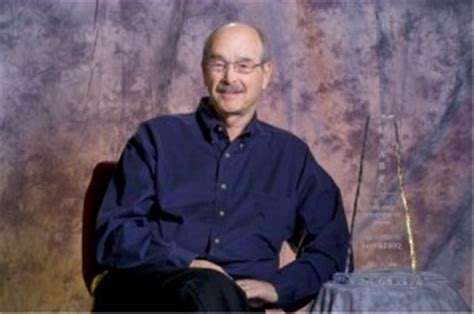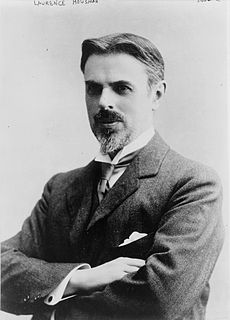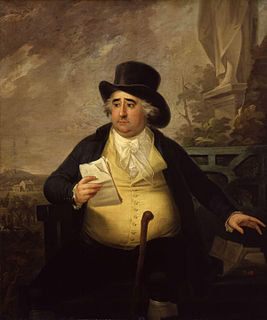A Quote by Benjamin Disraeli
The eyes of the social herd, who always observe little things, and generally form from them their opinions of great affairs.
Related Quotes
If you can observe your own experience with a minimum of interference, and if you don't try to control what you experience, if you simply allow things to happen and you observe them, then you will be able to discover things about yourself that you did not know before. You can discover little pieces of the inner structures of your mind, the very things that make you who you are.
As for not getting things right: I constantly rerun social situations/conversations I experience/have throughout my head, and I'm always writing them down in notebooks or in word documents/the Internet. I feel like these habits and a generally good memory of people/the interactions I have with them (due to studying people having always been my main interest in life) have lead me to being very accurate in things I write in stories/essays.
I agree with you that it is important to examine our presuppositions, throughly and once for all, in order to establish something solid. For I hold that it is only when we can prove all that we bring forward that we perfectly understand the thing under consideration. I know that the common herd takes little pleasure in these researches, but I know also that the common herd take little pains thoroughly to understand things.
It is natural to men to judge of things less known, by some similitude they observe, or think they observe, between them and things more familiar or better known. In many cases, we have no better way of judging. And, where the things compared have really a great similitude in their nature, when there is reason to think that they are subject to the same laws, there may be a considerable degree of probability in conclusions drawn from analogy.
Persecution always says, 'I know the consequences of your opinion better than you know them yourselves.' But the language of toleration was always amicable, liberal, and just: it confessed its doubts, and acknowledged its ignorance ... Persecution had always reasoned from cause to effect, from opinion to action, [that such an opinion would invariably lead to but one action], which proved generally erroneous; while toleration led us invariably to form just conclusions, by judging from actions and not from opinions.
Everybody has opinions: I have them, you have them. And we are all told from the moment we open our eyes, that everyone is entitled to his or her opinion. Well, that's horsepuckey, of course. We are not entitled to our opinions; we are entitled to our informed opinions. Without research, without background, without understanding, it's nothing. It's just bibble-babble. It's like a fart in a wind tunnel, folks.


































